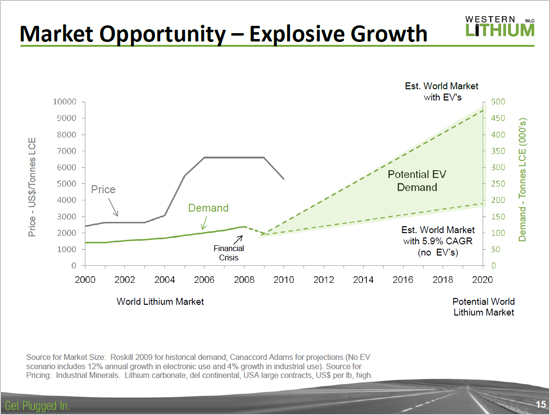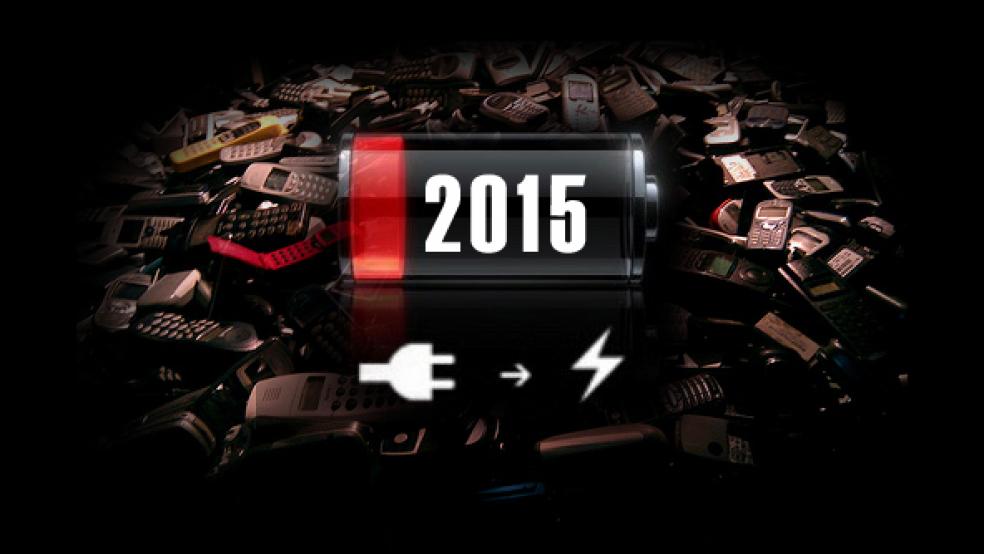What do a cell phone, a laptop and an electric car have in common?
All three use batteries made with lithium — the lightest metal in nature. About five grams is in an average laptop, about half a gram in a cell phone. Surprisingly, what keeps your devices charged and wireless can also affect your brain: It’s an active ingredient in drugs used to treat manic depression. Batteries using lithium have twice the capacity of traditional nickel cadmium batteries, creating a “lithium boom” in several places around the world as these technologies become more ubiquitous. In China, cell phone sales were up 57 percent last year; in India, cell phone use is expected to double by 2014.
The More We Use It the More We Lose It
Lithium is difficult to find and excavate. Tiny amounts are found in compounds everywhere, including in the bodies of mammals, but in extremely small quantities. The best way to mine it is to dig under the beds of dried lakes with high saline contents, where volcanoes in wet climates leached groundwater into a landlocked basin tens of thousands of years ago — not exactly in your backyard. Very few places on the globe match these exacting conditions, and some of them are politically problematic.
The Afghan Connection
The world’s best reserves are in the Bolivian Andes, with smaller quantities in Chile, China and the U.S. The Pentagon created a stir last year when a leaked memo called Afghanistan a potential “Saudi Arabia of lithium” because of deposits located in dried salt beds in the west — though much of it remains unexploited because of the war. Bolivian President Evo Morales has said he wants the nation to mine its own lithium and he has discouraged foreign investors; but it’s uncertain if Bolivia can build the necessary extraction plants to handle the expected high demand. The Western Lithium USA Corp. announced plans last year to develop a deposit in the Kings Valley region of Nevada, which could yield up to 11 million tons.

Crisis by 2015?
A shortage could affect the price of laptop computers, as well as cause a slowdown in the production of hybrid electric cars that could cripple new initiatives in Detroit, and undermine President Obama’s plans to reduce our dependence on oil. The car manufacturer Mitsubishi has predicted a worldwide supply crisis by 2015 if new reserves are not discovered. Obama has called for at least 1 million of these plug-in vehicles on the roads by then. Conventional nickel-cadmium batteries do not allow them to store as much energy or drive as far as lithium, which has been a major impediment to the future success of electric cars. New advances in nanotechnology may allow more lithium than ever before to be stored inside hybrid car batteries, as much as 10 times the previous levels, putting even more pressure on global supplies.
Related Links:
Analysis - The Lithium Boom is Coming: The New Bubble? (Reuters)
Two Ways to Play the Lithium Boom (MoneyWeek)



